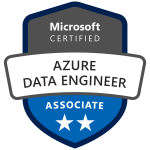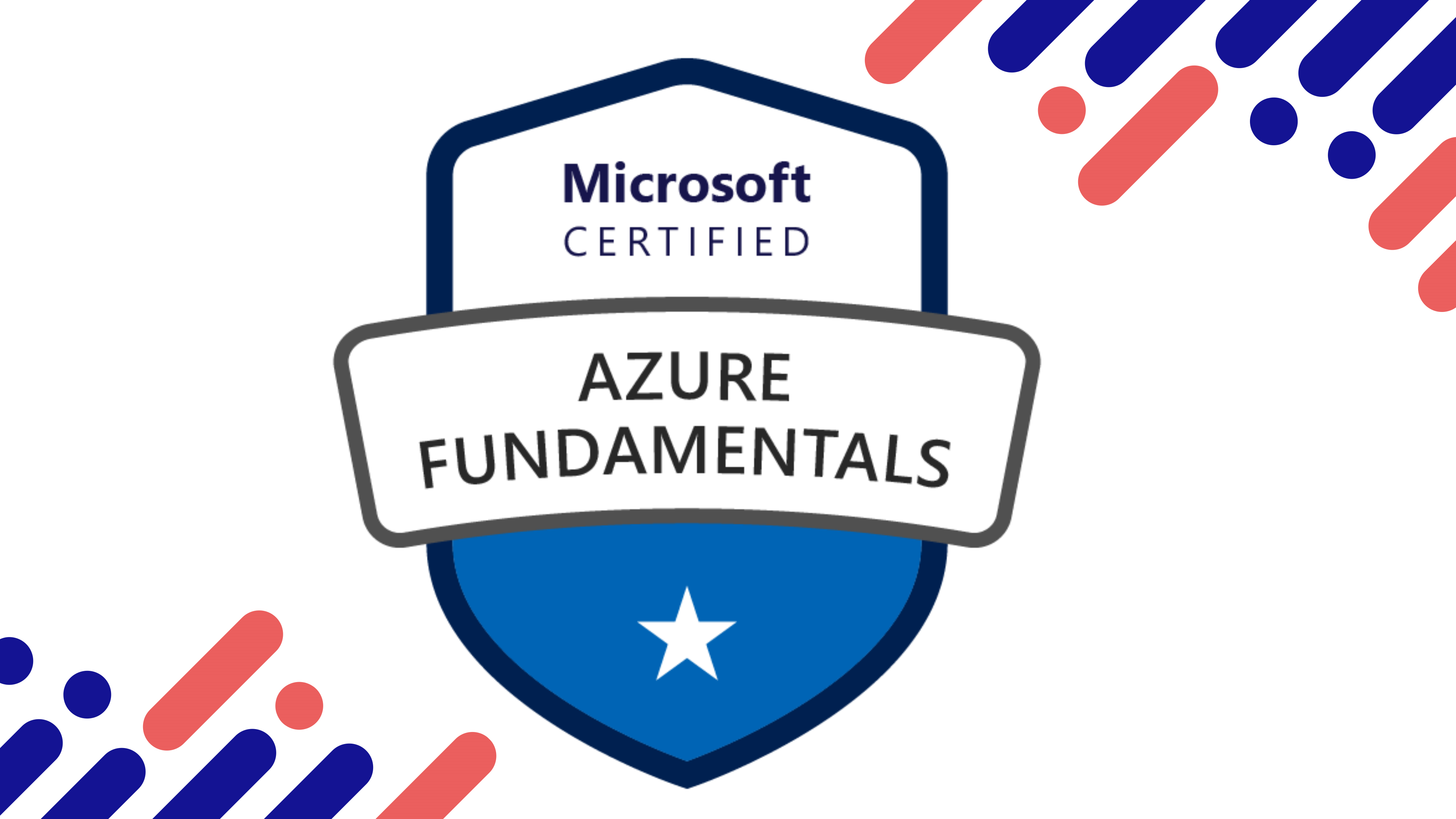If you’ve just started working with Microsoft Azure in any capacity and feel that you’d like to get a general overview of the Microsoft cloud platform and the services available, then the Azure Fundamentals certification is a great way of learning and validating general knowledge of the platform. This specific certification is focused on a wide variety of Azure services. The certification is earned by completing a single exam which contains around 30 multiple choice questions and can be taken remotely. The cost of the exam is £69 + tax (around £82 in total).
- Microsoft’s official page for the certification itself is available here.
- Exam details to qualify for the certification is available here.
Who is this certification for?
This certification is “wide yet shallow” therefore useful for anyone who is working with or about to work with Azure such as Application/Data Developers, IT Engineers/Administrators, Project Managers, Product Owners and even CTO/CIOs! Anyone working with AWS and/or Google would greatly benefit from understanding the Azure platform, even to compare and contrast cloud platforms and services available.
What does the certification cover?
Due to the “wide yet shallow” nature, it covers a wide range of categories with just enough detail in each category to prove useful when either working with or beginning to work with a particular service. The categories which are being assessed are as follows:
- Cloud Concepts including benefits, hosting and infrastructure types.
- Core Azure Services including service topology, services available such as compute, networking, storage and databases. Workload types such as Big Data and Analytics, AI, serverless and DevOps.
- Security and Compliance including networking, firewalls, DDoS protection, user authentication, security tools available, governance and compliance policies available.
- Pricing and SLAs including management of costs, calculating Total Cost of Ownership as well as service charges, the Service Level Agreements that are provided with services, and support options available.
A full breakdown of the assessed skills are available here in PDF format.
What learning resources are available?
Microsoft has a learning portal available here and whilst you do not need a Microsoft account to login to view the content, logging in will allow you to save your progress and complete the exercises. The Learn Portal allows you to curate learning resources enabling you to have a single place to bookmark your courses and see your certifications.
The relevant free course and modules which apply to this certification are as follows:
- Part 1: Describe Core Azure Concepts
- Part 2: Describe Core Azure Services
- Part 3: Describe Core Solutions and Management Tools on Azure
- Part 4: Describe General Security and Network Security Features
- Part 5: Describe Identity, Governance, Privacy, and Compliance Features
- Part 6: Describe Azure Cost Management and Service Level Agreements
A Collection is useful to keep courses and modules in a single place, you can create multiple collections in order to logically separate your courses. To save the course modules above to a collection you can do the following:
- Click the Add to collection button at the bottom of each of the 6 module’s learning path page.
- A pop-up should appear, click the New Collection button, provide a name and click the Submit button.
- Ensure that the collection is selected by ticking the checkbox and finally click Save.
There is a “reading time” indicator on each module but take care to understand the content, make appropriate notes and complete exercises as this is a guideline and should not be seen as a rigid timeframe.
If you prefer a book there is an exam reference guide Microsoft Azure Fundamentals Exam Ref AZ-900 available from a wide range of bookshops.
What is required to complete the hands-on exercises?
During the course modules there are exercises which are intended to give you a hands-on experience working with various services. You do not need to have access to an Azure subscription to complete the exercises as Microsoft provide a free sandbox which you can use.
Conclusion
The Azure Fundamentals certification is a great way of getting involved in the Azure platform and understand concepts around the platform itself and the services available. The course modules provide a good level of detail required to pass the exam and are particulary useful as jumping-off points if you would like to learn further about a particular concept or service.
As of October 2020 there are a variety of Fundamental certifications which cover a wide range of topics including Data, the Power Platform, Microsoft 365, Artificial Intelligence and many more. The list is available on the Microsoft Learn Portal here.
Aggregations (1) ALM (1) Architecture (2) Bicep (1) C# (1) Certification (5) Community (2) Databricks (4) Data Engineering (1) Data Factory (5) Dataflows (5) Data Flows (3) Data Lake (2) Data Lakehouse (1) Data Saturdays (1) Data Warehouse (3) Dedicated SQL Pools (2) ebook (1) Enterprise (1) Event Hubs (1) Events (1) Framework (1) Frameworks (1) Learning (1) Logical Data Warehouse (3) Power BI (15) Power Query (1) Purview (1) Real-time (2) Round-up (1) Security (2) Self-Service BI (1) Serverless SQL (3) Sessions (2) Snowflake (1) SQL Serverless (14) Streaming (2) Synapse Analytics (20) Synapse Pipelines (1) Training (1) TSQL2sday (1) Tutorial (3)
- T-SQL Tuesday #163
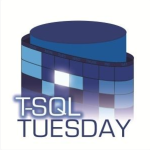
- Cloud Formations: A New Training Initiative Led By Microsoft MVPs
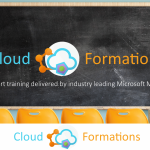
- A New Badge…But Is It Useful? Databricks SQL Analyst Accreditation
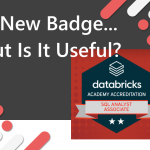
- 2021 Review and Thanks
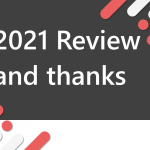
- Applying the Azure Well-Architected Framework to Azure Synapse Analytics
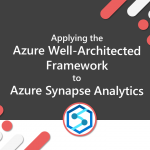
- Optimising Power BI with Synapse Analytics Serverless SQL Pools Session
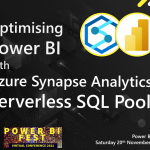
- Connecting Power BI to Azure SQL Database using Private Endpoints
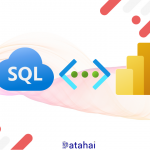
- Costs and Estimated Savings using Azure Synapse Analytics Pre-Purchase Plans
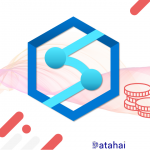
- Snowflake Hands On Essentials – Data Warehouse
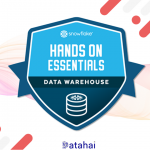
- Applying the Azure Well-Architected Framework to Azure Synapse Analytics
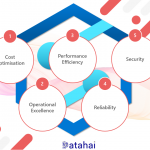
- Visual Studio Code C# App for Sending Messages to Azure Event Hubs
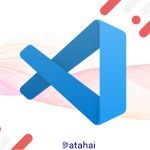
- Creating a Power BI Streaming Dataflows Solution
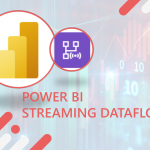
- Azure Storage Folder Filtering using the Serverless SQL Pools Filepath Function
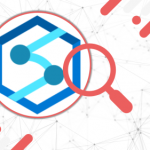
- Creating a Logical Data Warehouse with Synapse Serverless SQL: Part 4 of 4 – Connecting Power BI to the Dimensional Model

- Creating a Logical Data Warehouse with Synapse Serverless SQL: Part 3 of 4 – Incremental Fact Loading and Slowly Changing Dimensions

- Building a Data Warehouse Dimensional Model using Azure Synapse Analytics Serverless SQL Pools

- Turbocharge Power BI using Azure Synapse Analytics

- Applying the Azure Well-Architected Framework to Azure Synapse Analytics

- Creating a Logical Data Warehouse with Synapse Serverless SQL: Part 2 of 4 – Creating a Dimensional Model

- Microsoft Certified: Azure Data Engineer Associate
